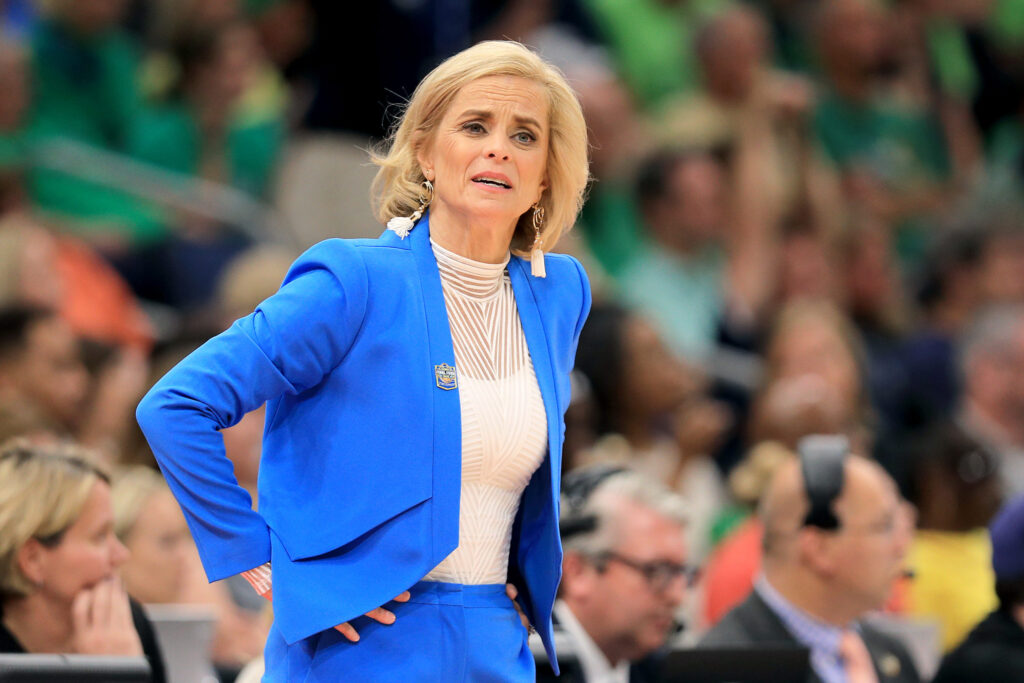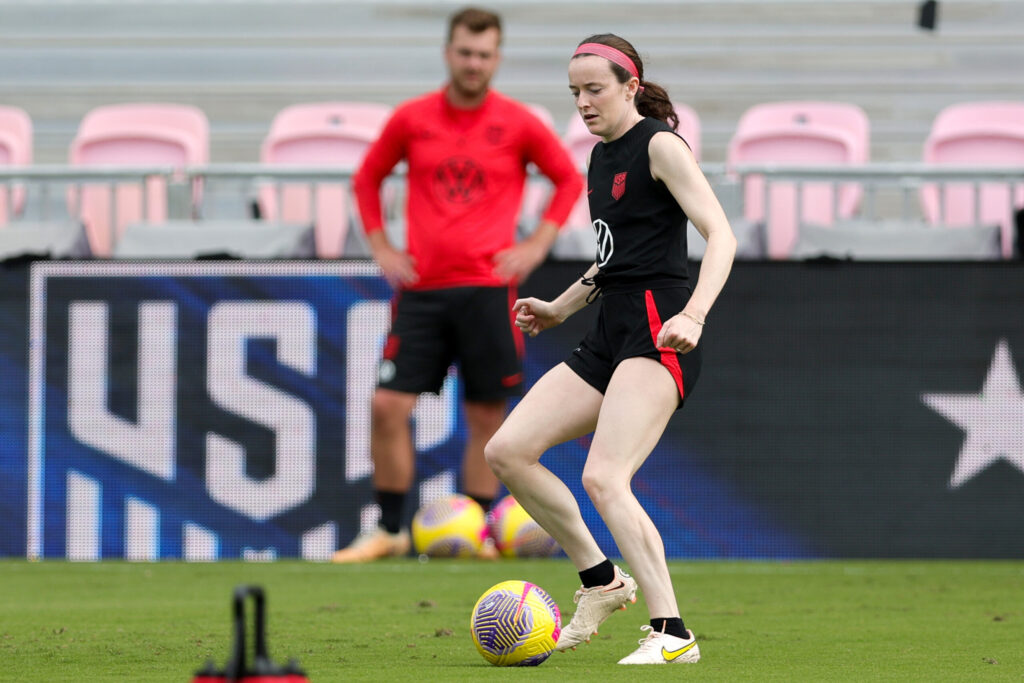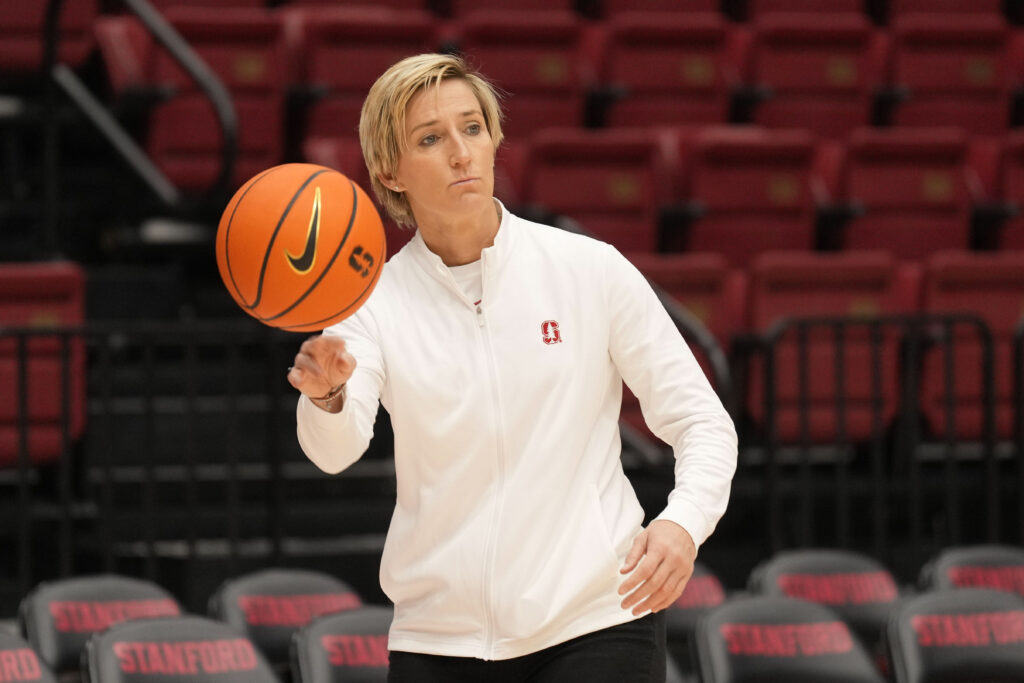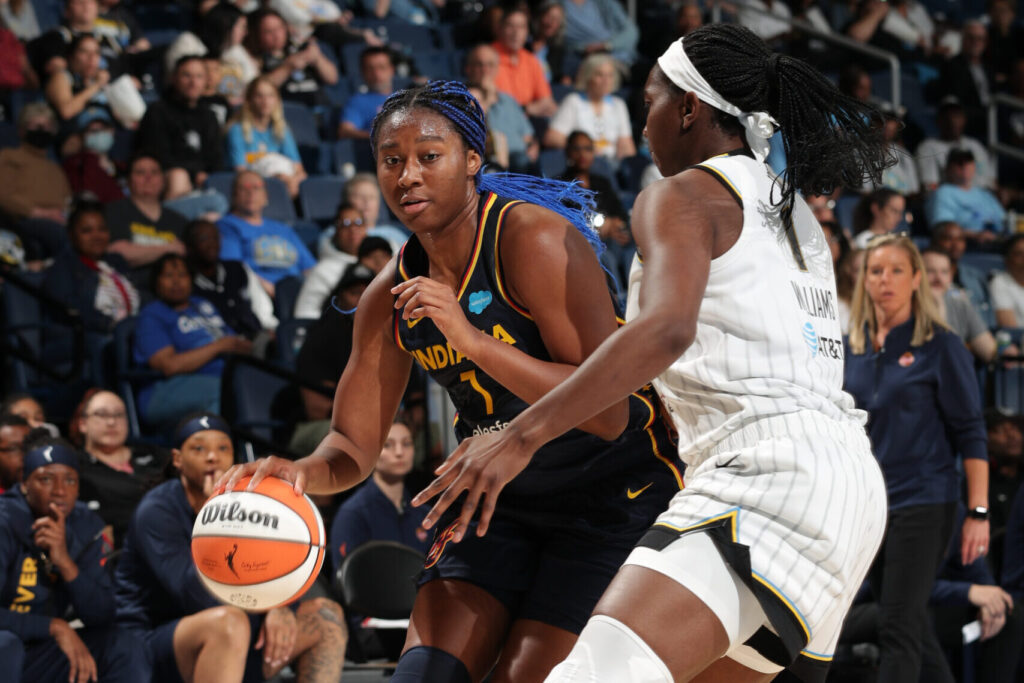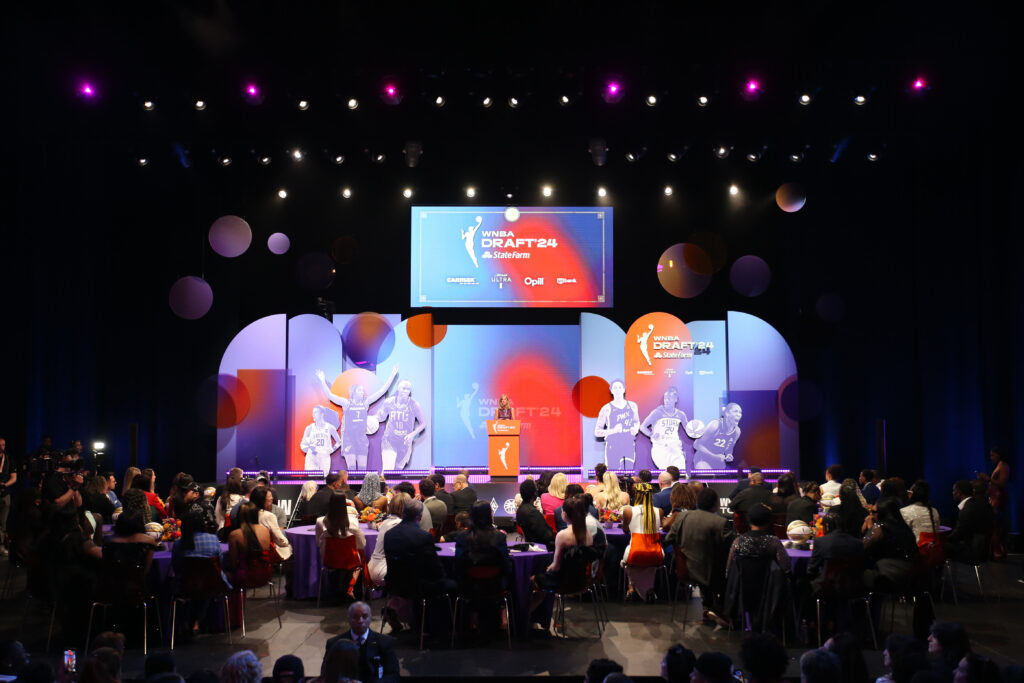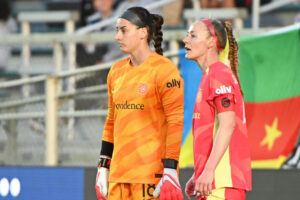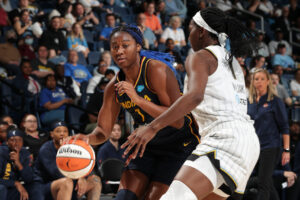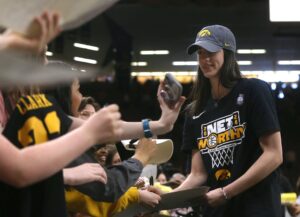To play or not to play?
That is the question currently facing every sports league, but especially college basketball, as the NCAA works feverishly to hold the 2020-2021 season together amidst spiralling game postponements and cancellations caused by the ongoing COVID-19 pandemic.
Not only are individual games at risk, but the pool of available teams continues to shrink as programs decide to cancel their seasons entirely. To date, three Power Five women’s teams (Duke, UVA and Vanderbilt) have withdrawn, joining SMU as well as the Ivy League schools who cancelled the current winter sports season in November, eliminating an entire conference from NCAA competition.
As the pieces of this jigsaw puzzle season rapidly re-arrange themselves and outright disappear, teams find themselves having played only half as many games compared to this time last year. Game preparation has also become a struggle as teams face last minute match-up and travel changes in order to comply with COVID-19 protocols.
The domino effects from COVID have impacted schools nationwide, forcing NC State, Villanova, Providence, UConn, and many others to go on pause until conditions have been cleared for safe play.
On January 14, #23 ranked Syracuse — who had been on pause for weeks — had to postpone its matchup against Georgia Tech, its fourth conference game in a row, due to exposure. The team returned to play on Sunday, January 17, defeating the University of Miami, before topping North Carolina on Tuesday, a game that was originally slated for December 31, 2020.
Baylor University, the 2019 and therefore still-defending NCAA champions, resumed play on Saturday, January 15 after being on pause since January 5, with coach Kim Mulkey returning to the court after contracting COVID over the holidays. The Lady Bear’ pause forced them to cancel their hotly anticipated game against then-No. 4 UConn on January 7 and postpone matchups against Kansas State and Kansas.
Stanford, meanwhile, the No. 1 team in the country until this past weekend, has essentially been on the road since late November due to Santa Clara county restrictions.
As teams across the country experience the reality of playing through a pandemic, in a season which started late, and which has continually been re-routed as it stumbles through the winter, many are beginning to wonder whether it’s worth it.
Mulkey didn’t hold back when asked how she felt about playing the season, stating, “The NCAA has to have the almighty dollar from the men’s tournament. The almighty dollar is more important than the health and welfare of me, the players or anybody else.”
When asked if she is concerned about this basketball season being completed, @BaylorWBB coach Kim Mulkey didn't mince words. “The season will continue on. ... The NCAA has to have the almighty dollar from the men's tournament.” https://t.co/yyr0wh4BWV
— ESPN Women's Hoops (@ESPN_WomenHoop) January 17, 2021
UConn coach Geno Auriemma responded to Mulkey’s comments, saying, “I don’t know that anything that she said was completely off the charts wrong. However, having said that… the almighty dollar has a lot to do with what we are doing. And without the men’s NCAA tournament, there’s a lot of things that happen in the NCAA that don’t happen.”
The two coaches are circling on an undeniable truth: the NCAA was financially unprepared to lose the revenue it would have amassed from the 2020 tournament, and as professional leagues have successfully built bubbles in order to host modified seasons and tournaments, it’s safe to assume that the NCAA feels it can (and must) accomplish a similar feat for the tournament this year.
Ethically speaking, asking un-paid athletes to play out a season as cases of COVID-19 spike is dubious, to say the least. Players are being asked to risk their own health while also eliminating all contact with anyone outside of their teams. Student athletes have never been paid for their work; now they can’t even see their families.
Aureimma, for his part, said he believes the vast majority of athletes would prefer to play. Whether that’s true or not, it’s clear that many players view this season, truncated as it may be, as an opportunity to join their WNBA counterparts in speaking out against racial injustice in the US. The calendar may be uncertain, but these players know they still have a platform they can use to advocate for change.
Before the first game of the 2020-21 season, the South Carolina Gamecocks issued a statement via Twitter addressing how they planned to protest the national anthem. In it, they shared their season’s theme of “what matters,” expressing their unconditional support for one another, the conversations they have had as a unit, and the decision for the majority of the team to sit for the anthem in order to “shine a light on the need for racial equality, social justice and ending systemic racism in our country.”
What Matters. pic.twitter.com/Vv9lBTRZxo
— GamecockWBB (@GamecockWBB) November 25, 2020
Tennessee joined South Carolina in protest with all but one of the Lady Vols kneeling during the anthem before their first conference game, which fell just after the deadly riot and attack on the Capitol in Washington D.C. on January 6. The team has also worn black shooting shirts during their warm ups this season.
Lady Vols senior Rennia Davis stated that kneeling was “a decision we made in the moment,” adding “with everything going on, especially recently in Washington, that’s what we saw fit to do. The people on the team who saw fit to support that, they did. And the ones who didn’t, they supported us in a different way.”
It’s not just players speaking out. Coaches, too, are using their platforms to condemn racial injustice and support their teams. Asked about her activity on social media, where she has routinely responded to both current events and various followers, South Carolina coach Dawn Staley told The Athletic, “It’s not just about X’ing and O’ing. It’s about teaching, growing, learning and being that example for our players, because we can’t have sports blinders on.”
She continued, “there’s a world going on outside of us that we play a part in — whether or not people want us to shut up and dribble. There’s a world out there that, between these dribbles, things are happening that impact us.”
Of course, wanting to use their visibility to advocate for change hasn’t spared teams from dealing with COVID. Ahead of their home opener against East Tennessee State University in December, Vanderbilt announced via social media that the team would stay in the locker room during the anthem this season “to mourn and commemorate the racial injustices that have been taking place in the United States.”
This week, Vanderbilt announced that they would stop playing their season, after both COVID and injuries depleted their roster, which was already thin due to pre-season opt-outs.
The Vanderbilt women’s basketball team has decided against continuing the 2020-21 season. The decision was driven by student-athletes and supported by university officials.https://t.co/N6i6wnXfm3
— Vanderbilt WBB (@VandyWBB) January 18, 2021
As of now, March Madness is still a go, with the NCAA confirming this week that it expects to stage the entire tournament in San Antonio. The NCAA has waived the .500 rule, which typically requires schools to have a winning record in order to qualify for an at-large selection. Schools will be required to have played 13 games against other DI schools to qualify for team selection, however, the NCAA has also announced that it will accept eligibility waiver requests from schools which cannot meet this threshold.
At this point, with most teams having played somewhere between seven (UConn) and twelve (Louisville) games, the NCAA’s strategy seems to be to just get to San Antonio and hope for the best.
There will be no shortage of lessons learned when the NCAA looks back on this time, and while the fate of March Madness and the remainder of the 2020-21 season is still prey to an uncontrolled pandemic, one thing is certain: athletes understand the power of their platform. They haven’t let the virus overshadow the racial and political reckoning facing the United States. And whether or not they should be playing, the fact is a new precedent has been set, one that is certain to outlast the pandemic.
